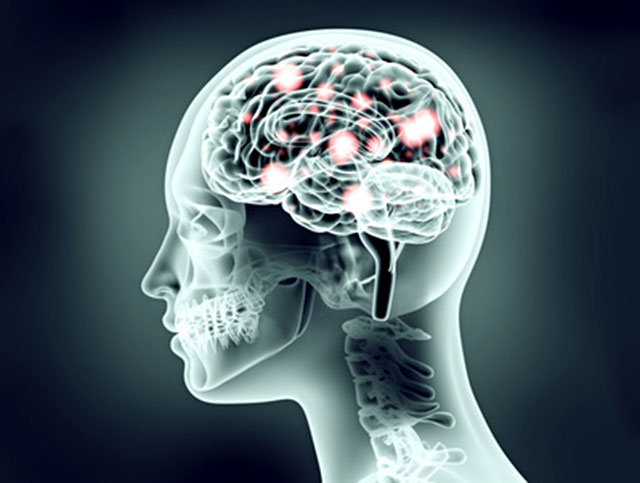Antibiotics stop new brain cells from growing
Besides killing beneficial bacteria in the gut, antibiotics stop new brain cells from growing, according to new research from the Max-Delbrueck-Center for Molecular Medicine in Berlin, Germany.
The antibiotics that are strong enough to kill gut bacteria stop new cell growth in the hippocampus, which is the area of the brain that is responsible for memory.
“We found prolonged antibiotic treatment might impact brain function,” says senior author Susanne Asu Wolf. “But probiotics and exercise can balance brain plasticity and should be considered as a real treatment option.”
The abstract summarized the following study methods and results:
Luckily, the researchers also found that the harmful effects of antibiotics can be reversed, as the mice in the study that received probiotics after antibiotics regained memory. “The magnitude of the action of probiotics on Ly6Chi cells, neurogenesis, and cognition impressed me,” Wolf said.
The researchers hope that future studies will address whether probiotics will help in patients with psychiatric or neurodegenerative disorders. “We could measure the outcome in mood, psychiatric symptoms, microbiome composition and immune cell function before and after probiotic treatment,” says Wolf.
The study showing that antibiotics stop new brain cells from growing was published in the journal Cell Reports.
Note: None of the information in our website is intended to diagnose, treat, cure or prevent any illness or disease. The content on our website is for educational purposes only.
DON’T FORGET to sign up for our weekly newsletter to get our latest articles, updates, free recipes and giveaways.
What you need to know about antibiotic resistance.
The top five natural antibiotic foods.
Best homemade antibiotic.
REFERENCES:
1. “Mouse Study Finds Link between Gut Bacteria and Neurogenesis.” EurekAlert! Cell Press, n.d. Web. 23 May 2016.
2. “Ly6Chi Monocytes Provide a Link between Antibiotic-Induced Changes in Gut Microbiota and Adult Hippocampal Neurogenesis.” Cell Reports. Cell Reports, n.d. Web. 22 May 2016.

















